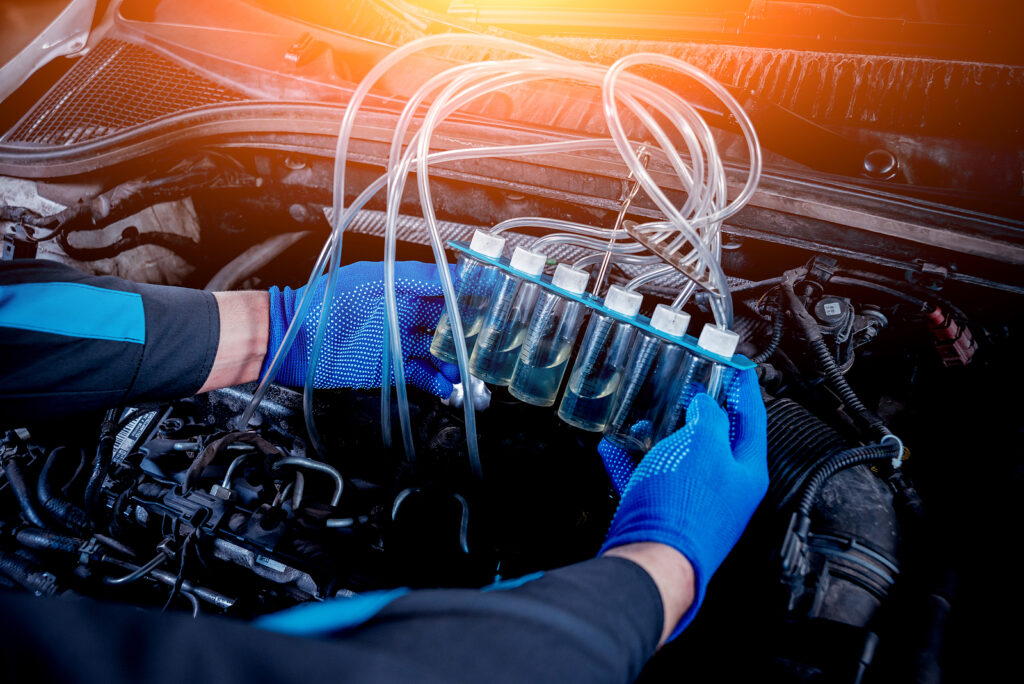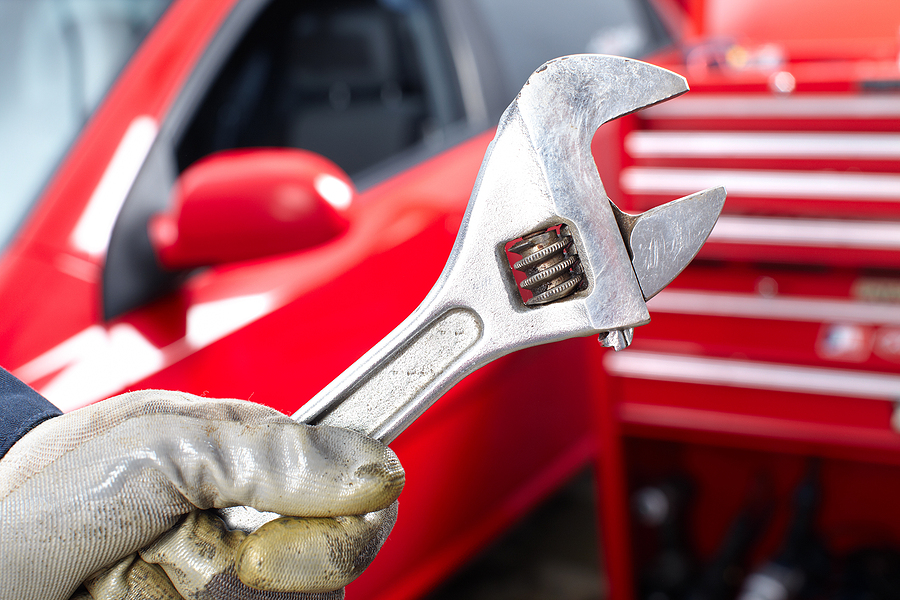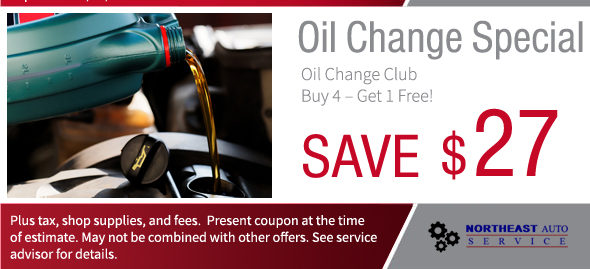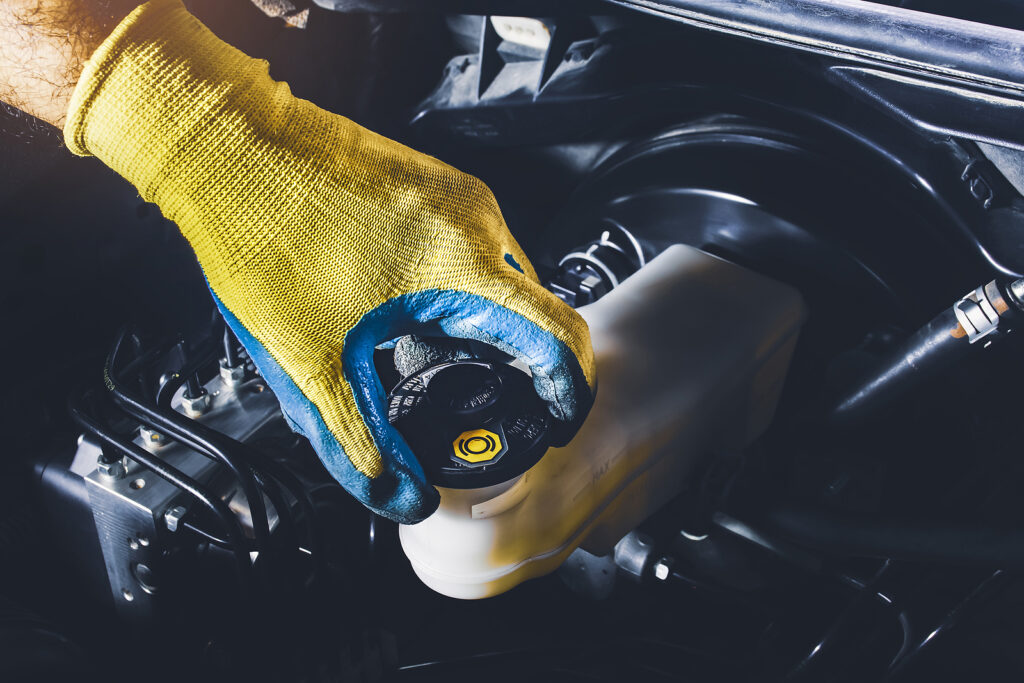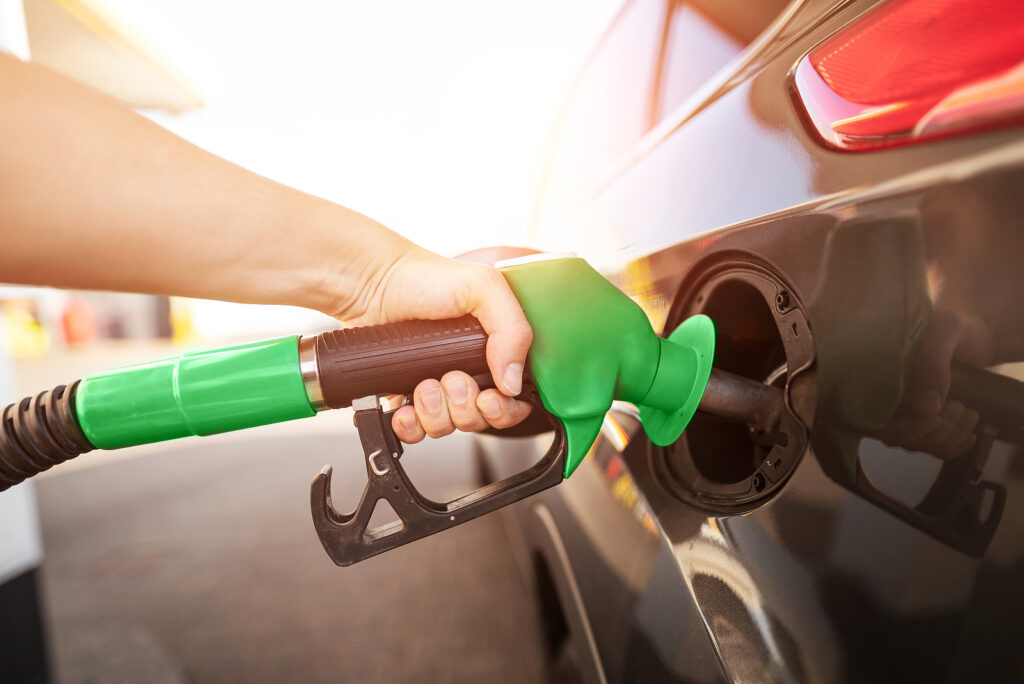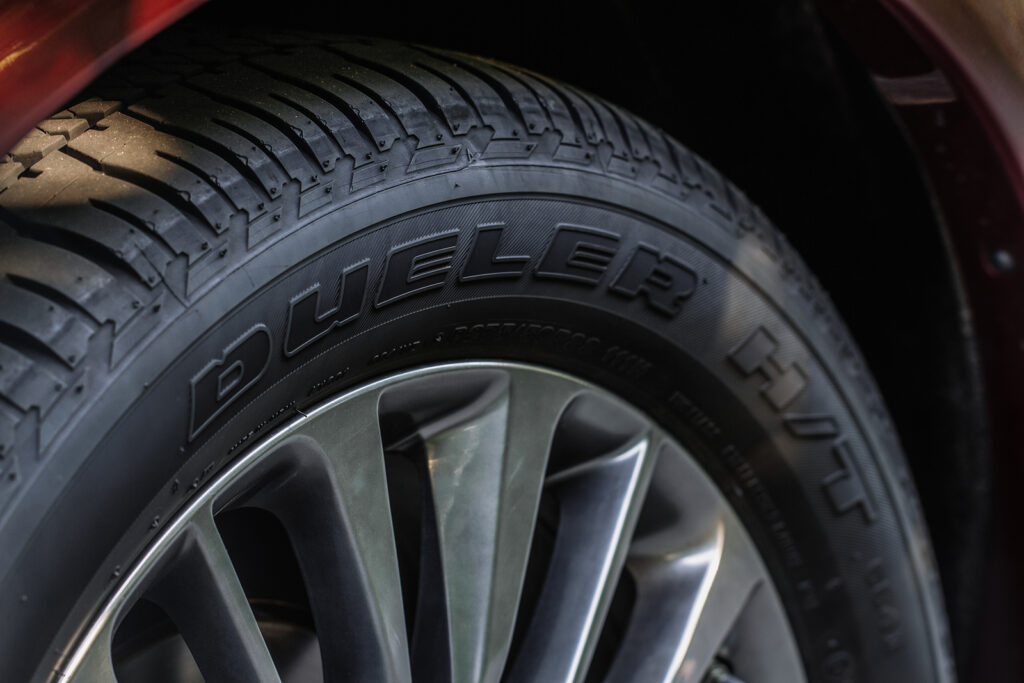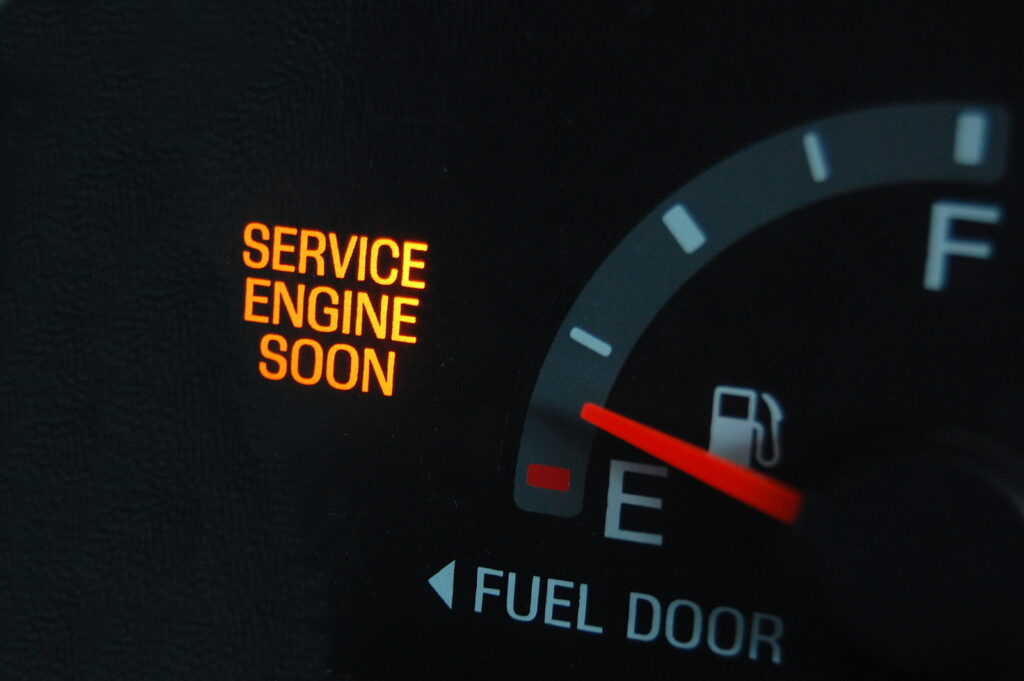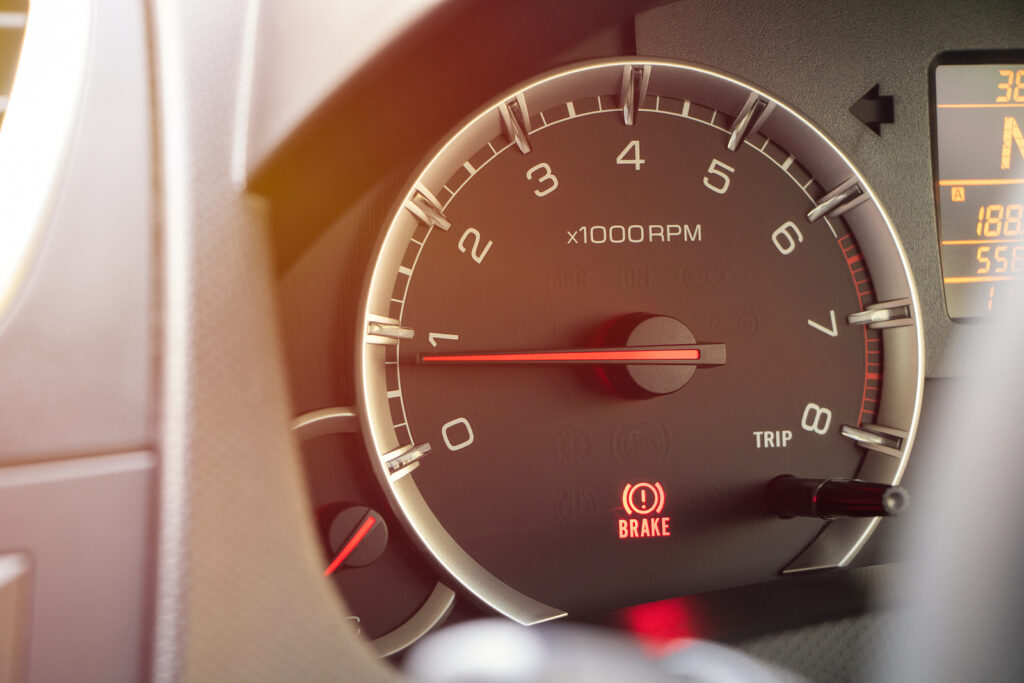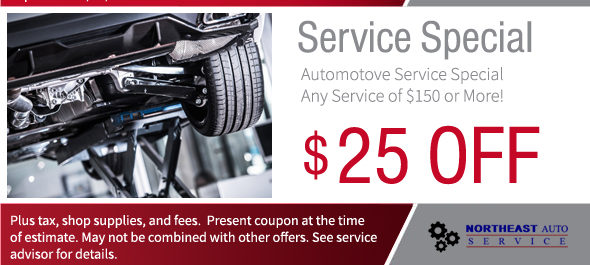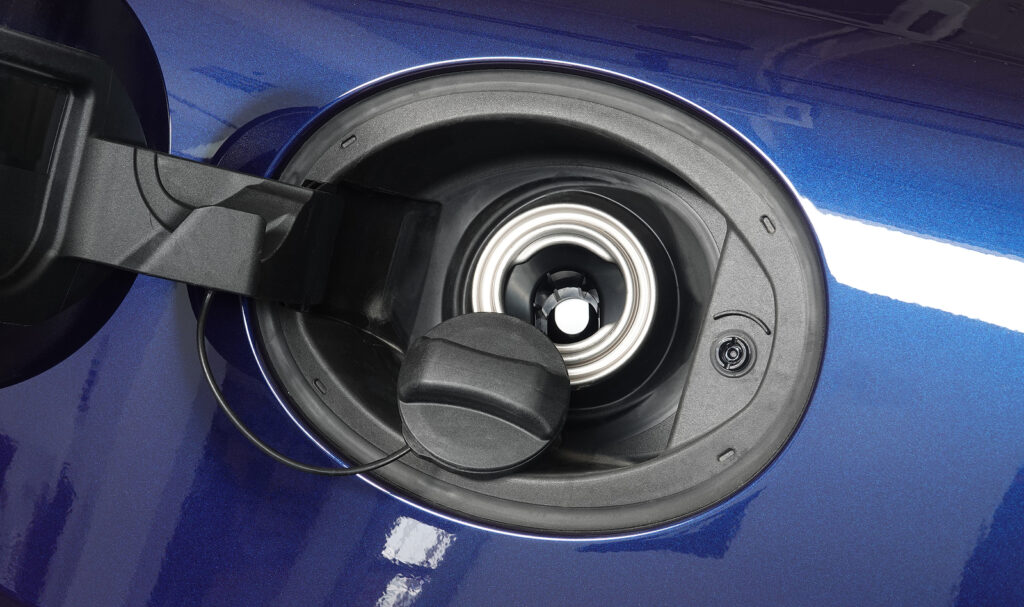If you haven’t heard of a car care strategy known as engine braking, you will be glad you came across this blog. Extending the components and systems within your vehicle ultimately extends its life. And engine braking will contribute to this objective. Continue below to learn what engine braking is, why it is beneficial, and most importantly, how to do it!
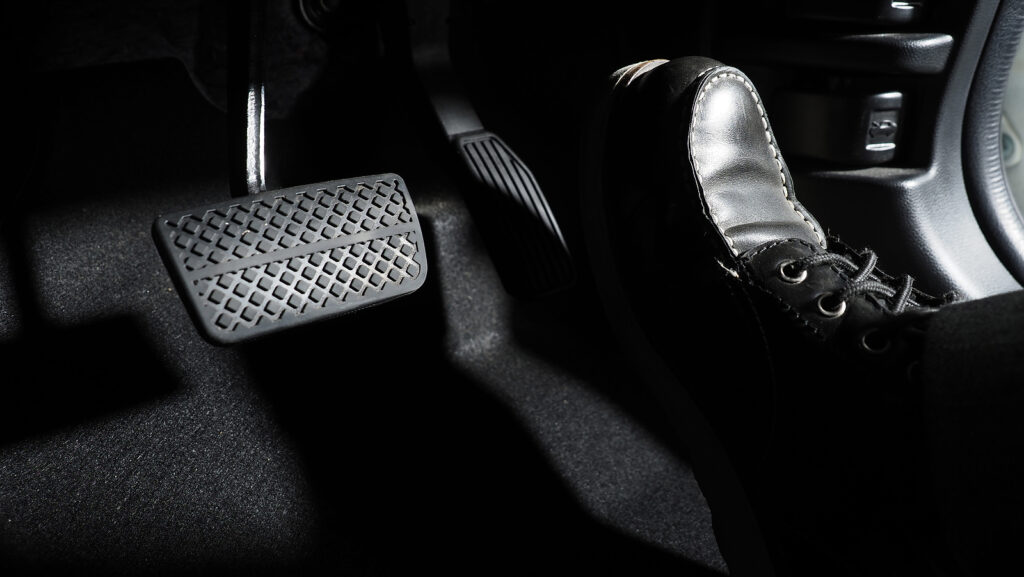
Engine Braking Basics
How do you reduce your speed when driving? You use the brake pedal, of course! Pressing on the brake is the go-to instinct of all drivers who want to slow their vehicles down or come to a stop. But did you know that routinely pressing the brake can impact your car’s performance and safety? Fortunately, there is more than one way to brake. Enter engine braking.
Engine braking is a driving technique that slows your car down by simply releasing your foot from the brake pedal, then shifting the gears down, one by one. This can be done in both manual and automatic transmission vehicles.
In a manual transmission vehicle, after you take your foot off the brake, keep it off, and then shift down through each gear until it is time to stop completely or gas back up. In automatic vehicles, release your foot from the pedal, then let the car slow down on its own. It is not recommended to use engine braking too often in automatic transmission vehicles.
Benefits of Engine Braking
Engine braking is an easy-to-do driving strategy that can extend the life of your car brakes and improve your vehicle’s overall efficiency. How does it work? In plain language, engine braking limits the amount of airflow sent to the engine, which causes the engine to decrease the speed of the wheel revolutions. There are many more benefits of engine braking. It reduces the rate of wear and tear on your car’s braking system and engine, especially in the case of long descents down steep roads or hills. Engine braking also increases your fuel economy, giving you better gas mileage. And, although not entirely true for automatic vehicles, engine braking is not harmful to your manual transmission so long as you do not let the RPMs go close to or above the red line on the dashboard gauge.
How to Engine Brake Safely
Engine braking is more than just taking your foot off the brake pedal and down shifting through each gear. There are some other good driving practices you must follow to protect your engine and transmission.
First, never shift down to a low gear when you are still driving fast. High speeds are not conducive to safe engine braking at low gears.
Also, it is very important to go through each gear. Avoid skipping a gear, as this can put a lot of strain on your transmission and engine.
Last, engine braking is a great driving tool, but not one to be overused. Too much engine braking can have adverse effects on your car.
Are you looking for professional car brake repair or maintenance in Indy? Contact Northeast Auto Service at 317-475-1846 for professional, ASE-licensed car brake repair in Indianapolis, Indiana. Check out our auto shop coupons, too!
Related Posts:
How to Inspect Your Car Brakes
Here’s How to Tell if Your Transmission is Failing
How to Detect Automotive Failure With Your Ears

